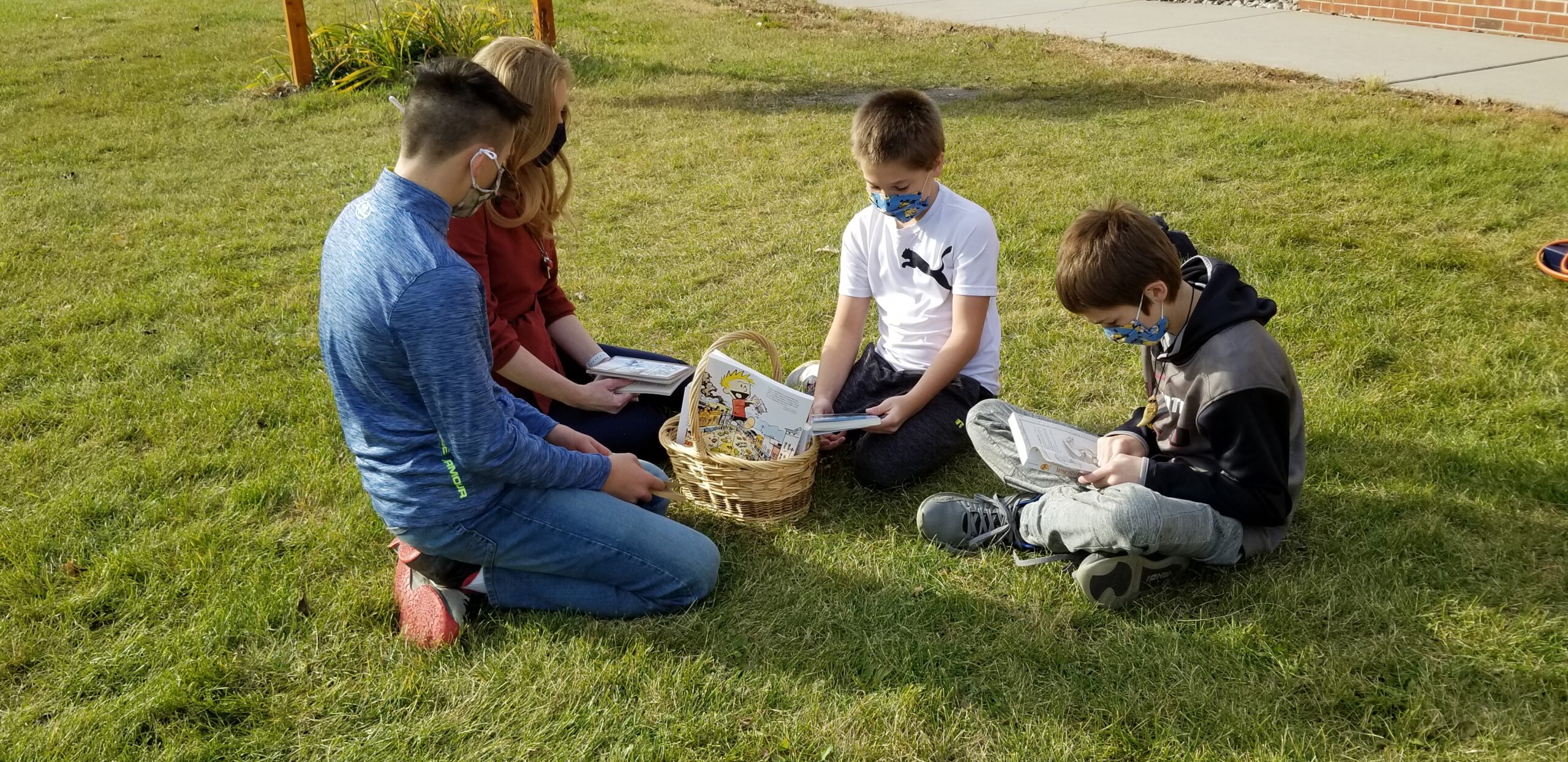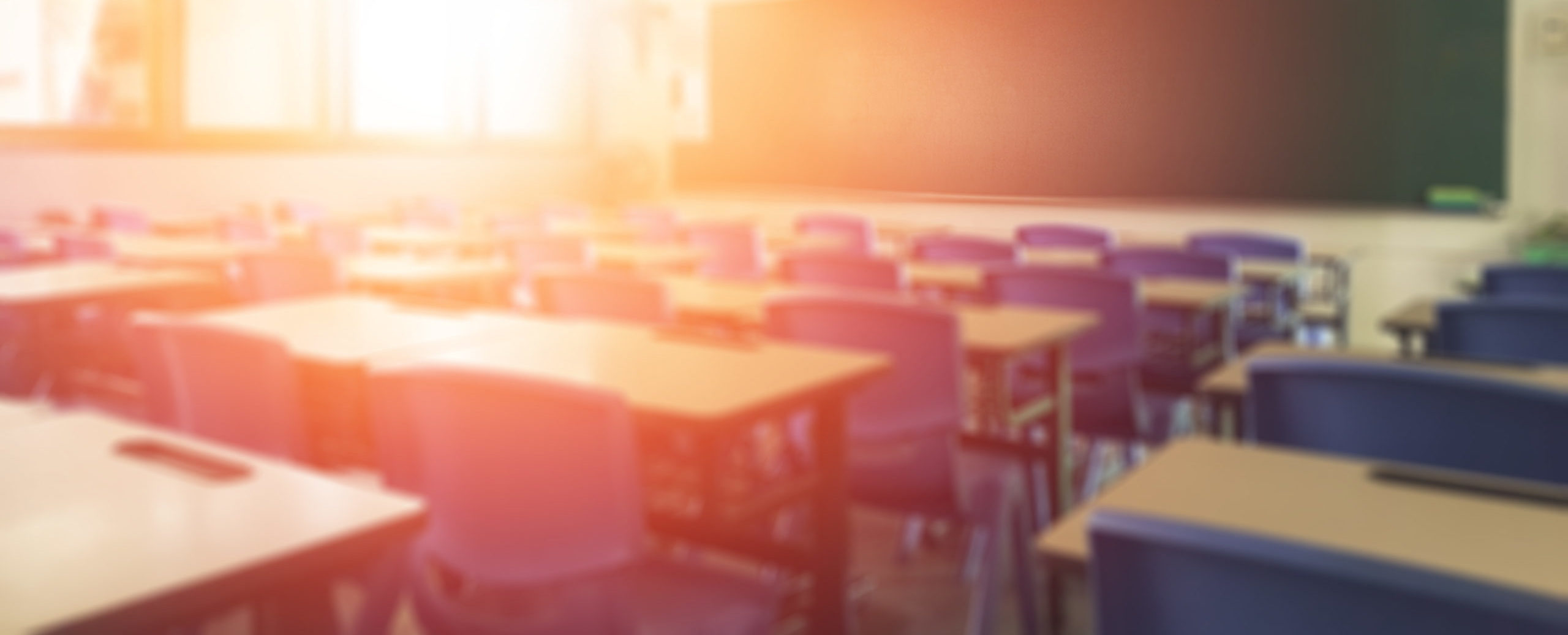Helping students recover as Minnesota emerges from the pandemic is an urgent priority. Minnesota lawmakers advanced HF 1064 through the committee process and are expected to pass it off the House floor Tuesday night.
Rep. Jim Davnie (DFL-Mpls) sponsored HF1064 which, as amended, would appropriate $104.5 million for summer school funding.
The largest investment would support districts that have experienced pandemic-related enrollment loss by increasing the declining enrollment formula replacement percentage from 28 percent to 48.5 percent. for fiscal year 2021 only.
In addition, the bill appropriates funding to mental health resources, after-school programming, community partnerships and math and reading corps, to name a few of the many provisions in the proposal.
In other news in the House this week:
Teacher Licensing Debate Continued
The discussion about modifications to the PELSB teacher licensing system resumed Tuesday in Education Finance Committee. Rep. Cedrick Frazier (DFL – New Hope) brought forth an amendment to the bill that has brought so much debate in the House.
The amendment to HF1376 aimed to address some of the concerns about the elimination of pathways to Tier II licenses by supporting some of the teachers affected by these changes. Still, the bill would eliminate 10 out of 12 pathways, which has caused major concern amongst stakeholders.
Upon adoption of the amendment and a lengthy discussion, the bill was laid over for possible inclusion in the Education Budget Bill.
Tax Relief for Educators
Teachers in under-resourced public schools have absorbed the costs of stocking their classrooms for years, an issue which has caused deep frustration and concerns about inequity in public education.
Rep. Heather Keeler (DFL-Moorhead) on Wednesday brought forth HF1317 to the Education Policy Committee to offset more of those costs by establishing a refundable income tax credit for educator expenses.
Testifiers in support of the bill revealed to the committee Wednesday that through distance learning, teachers have expended even more of their own money on PPE and engaging materials in order to adapt to the more challenging learning environment.
The proposal would provide a credit equal to 25 percent of an educator’s eligible expenses, up to a maximum of $250 per educator. HF1317 was approved by the Education Policy Committee and will now head to the House Taxes Committee.





